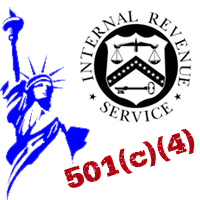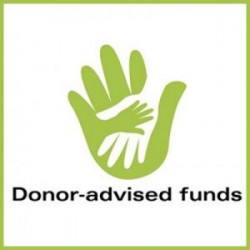Most nonprofits are familiar with the fiscal sponsorship. Under these arrangements, a U.S. charity receives funds from a donor as a tax-deductible contribution on behalf of a non-exempt entity and then makes those funds available to the non-exempt entity or its designees to meet the legitimate expenses of a specified charitable project.
But what if the fiscal sponsor is really just a pass-through? What if it automatically turns the money over to the non-exempt entity without exercising any discretion or control? Will the arrangement still hold up? Will the contributions still be tax-deductible?
As it turns out, for almost sixty years, the IRS has said that fiscal sponsorships are acceptable unless the tax-exempt group is a “mere conduit” for the distribution of the money. If it is a “mere conduit”, meaning it has no discretion or control over the funds, the arrangement fails and the transaction is treated by the IRS as one directly between the donor and the non-exempt entity, and therefore it is not tax-deductible. (See Rev. Rul. 62-113 1962-1 C.B. 10. See also IRS 1996 CPE Text ”Conduit Organizations – Charitable Deductibility and Exemption Issues” by Ruth Rivera Huetter and Bill Brockner http://www.irs.gov/pub/irs-tege/eotopice96.pdf).
To avoid this predicament, it is essential in drafting fiscal sponsorship agreements to make certain that the sponsoring charity has some discretion and control over the donated funds and their use. A high degree of control is not required; it is likely sufficient that the sponsor have discretion to withhold payments when there is reason to suspect that the recipient entity will use the funds for activities that are non-charitable, illegal or improper.
Another way to avoid “mere conduit” status is to have both parties agree to a pre-approved budget for the funds. Items in the budget are then presumed to be legitimate; others may have to be approved by the sponsor before the funds can be released or spent. In addition a sponsor could require the non-exempt entity to request funds periodically, each time specifying how the funds will be used and reporting on funds already expended. Future distributions are then conditioned on the receipt of satisfactory reports.
Increasingly, fiscal sponsors are taking an alternative approach. As sponsor, they handle all the funds and make distributions directly to the payees as requested by the non-exempt group. That not only gives them discretion and control, but it also simplifies the accounting process.
At the end of the day, there is no standard form of fiscal sponsorship. Specific provisions of this relationship are negotiated between the entities. The key in establishing them is to avoid any requirement that the donated funds be directed to a non-exempt group without some discretion on the part of the tax-exempt charity. But the arrangement also has to be viable for the non-exempt group to efficiently operate. Best practice dictates that care is taken in establishing the relationship such that both sides fully understand the arrangement and can work with it.
-
Perlman & Perlmanhttps://www.staging-perlmanandperlman.com/author/nancyisrael/
-
Perlman & Perlmanhttps://www.staging-perlmanandperlman.com/author/nancyisrael/
-
Perlman & Perlmanhttps://www.staging-perlmanandperlman.com/author/nancyisrael/
-
Perlman & Perlmanhttps://www.staging-perlmanandperlman.com/author/nancyisrael/











